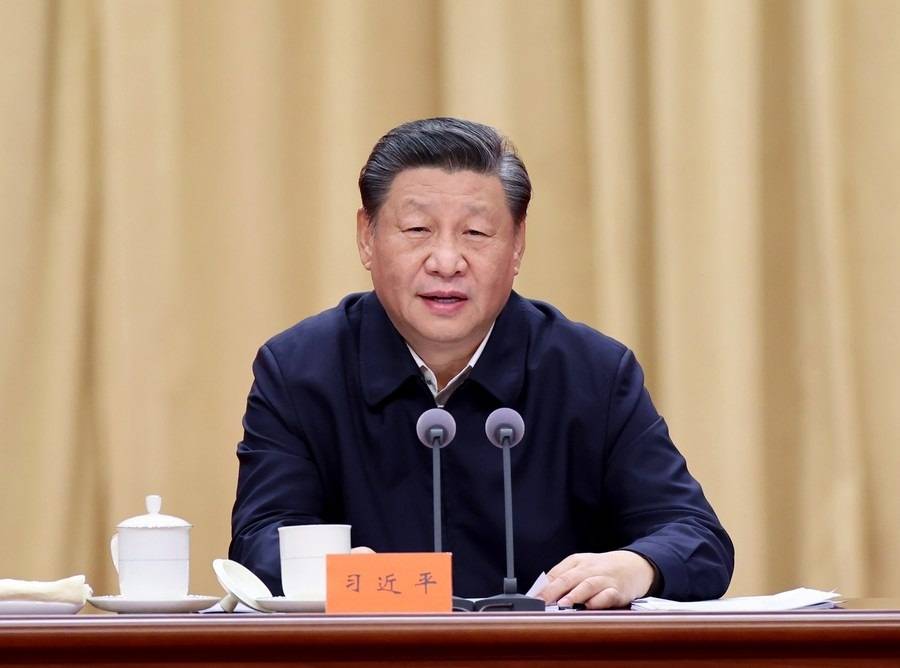In Shanghai, the epicentre of the country’s latest outbreak, scenes once unimaginable for the hyper-modern financial capital have become part of the daily struggle for 25 million people…reports Asian Lite News
As Chinese leader Xi Jinping is expected to step into a nearly unprecedented third term in power at the twice-a-decade Party Congress this fall, the COVID-19 controls are sparking a crisis in the country.
The stakes are high for the leader — China’s most powerful in decades — as he has placed his personal stamp firmly on the “dynamic zero-Covid” objective driving these unbending measures, where even a small number of cases can spark sweeping disease controls, reported CNN.
Across China, cities are locking down their residents, supply lines are rupturing, and officials are scrambling to secure the movement of basic goods — as its largest ever recorded outbreak of COVID-19 threatens to spiral into a national crisis of the government’s own making.
At least 44 Chinese cities are under either a full or partial lockdown as authorities persist in trying to curb the spread of the highly transmissible Omicron variant, according to a report from investment bank Nomura and CNN’s own reporting as of Thursday.
In Shanghai, the epicentre of the country’s latest outbreak, scenes once unimaginable for the hyper-modern financial capital have become part of the daily struggle for 25 million people.
There, residents forbidden to leave the confines of their apartments or housing blocks for weeks have been desperate for food and freedom — some seen in social media clips screaming out of their windows in frustration or clashing with hazmat-clad workers. Even after the release of a tentative plan Monday for the partial relaxation of measures, there appears to be no end in sight, reported CNN.
The current situation may mark the most significant challenge for the country — and, arguably, for Chinese leader Xi Jinping against zero Covid policy.
There was significant anger against the government, for example following the death of the whistleblowing doctor Li Wenliang, but China’s Communist Party emerged from the crisis to paint its stringent control strategy as an example of its superior governance.
There has been clear frustration against the government this time around, spilling onto social media this week as users adopted pro-China, trending hashtags en masse to make veiled or sarcastic comments against the government — before being censored.
As of Tuesday, health authorities said more than 320,000 local COVID-19 cases had been reported across 31 provinces, including those in Shanghai, since March 1.
Getting supplies across the country has become a steep challenge, with some expressways closed, and truck drivers ensnared in quarantine or at thousands of highway health checkpoints.
Some cities have discouraged their residents from leaving, like the major southern port of Guangzhou, which requires its 18 million people to show a negative COVID test if they want to get out.
Moreover, the zero-covid policy has sparked mounting frustration and anger in Shanghai and threatens more disruption amplifying the risks for the Communist Party.
“Economic slowdown is quite a big concern,” said Alfred Wu, an associate professor in the Lee Kuan Yew School of Public Policy at the National University of Singapore. (ANI)

Leave a Reply